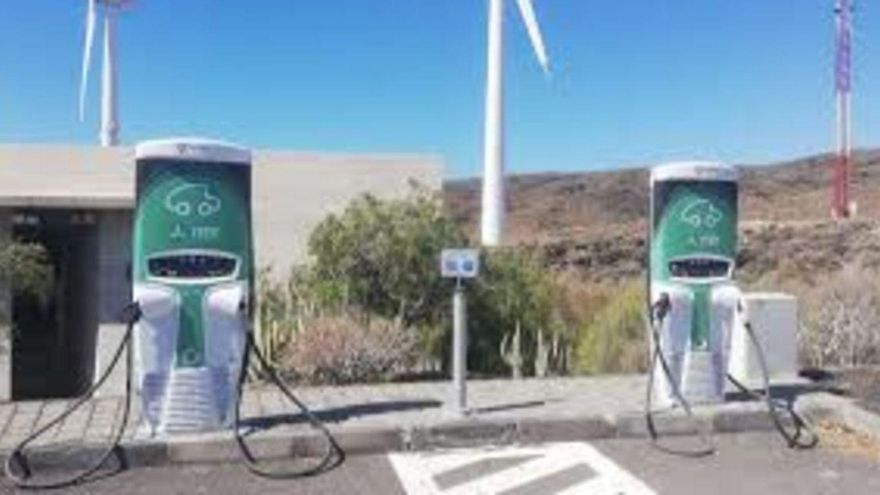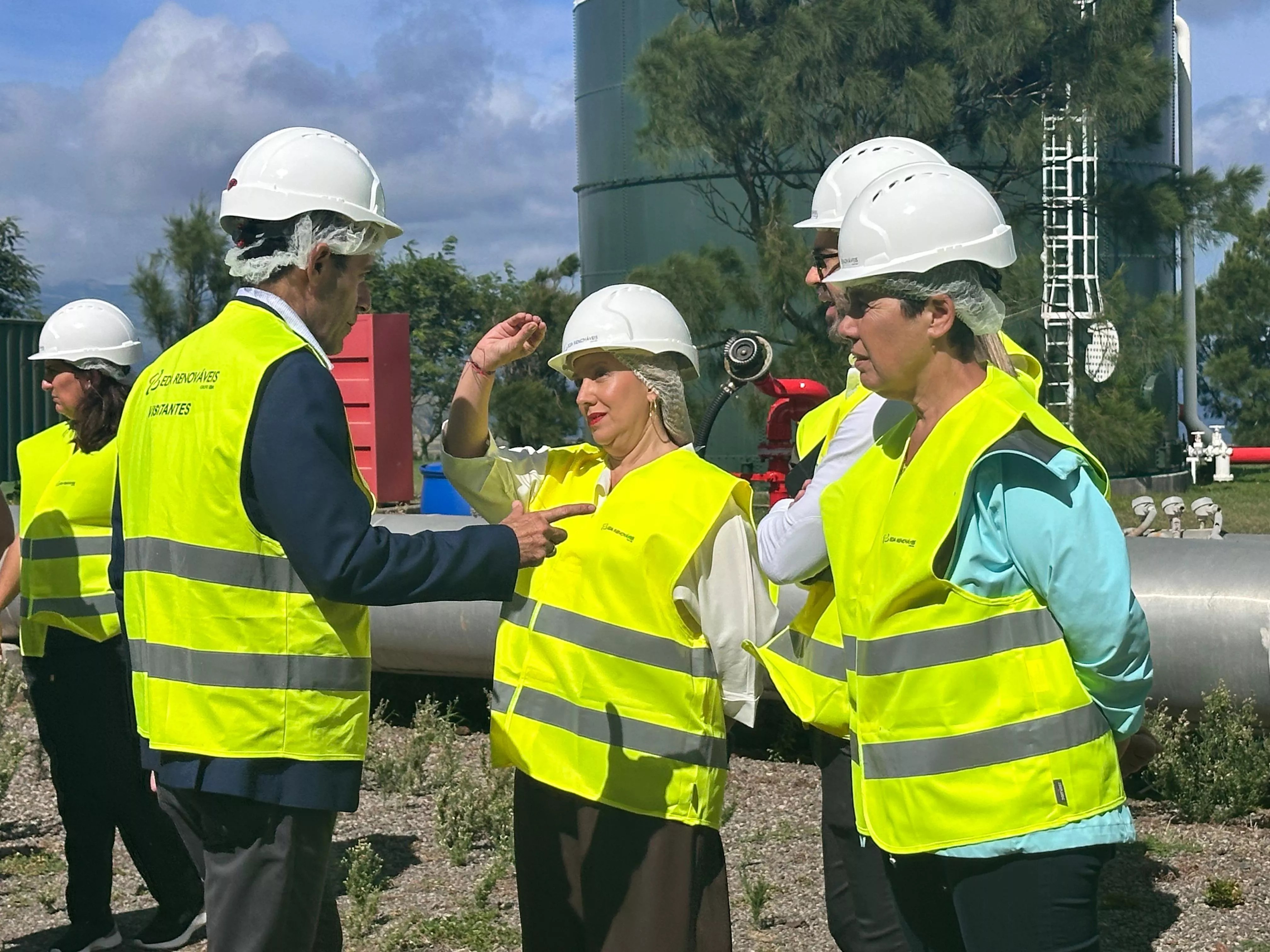
The Official Bulletin of the Province (BOP) posted the announcement from the Tenerife Island Council opening a twenty-working-day public information period for seven projects of rapid charging points for electric vehicles. They are part of an island plan that aims to equip the island with 38 charging points by 2025. Initially, they will be located in tourist areas. Specifically, three in the North and four in the South with a total investment of 472,723 euros.
Adeje will have two stations on Avenida Bruselas in Costa Adeje (65,551 euros) and Avenida Barranco Las Torres, in the nearby village, from the TF-1 going upwards (67,038). Another will be located on Calle Neptuno in Abades (Arico) for 66,851 euros, and Guía de Isora will have one on Paseo de la Libertad in Chío (73,016).
In the North, they will be installed on Calle Camelia in Puerto de la Cruz (67,922 euros); on Calle Leonor Monteverde in La Orotava (63,786 euros) and El Calvario in El Sauzal (68,559 euros).
These first seven points in the network are financed by European Next Generation funds included in the Moves II programme.
The future holds a network of 38 charging points that will drive the use of electric vehicles in Tenerife, as announced by the Council last February. The facilities will be distributed throughout the island, with some expected to be operational by the end of this year, at a total cost of 2.6 million euros.
Blanca Pérez, Councillor for Natural Environment, Sustainability, and Security, and Emergency Services announces that “within a year we will have access to semi-fast (22kw) or fast (50kw) charging”. Eight of the points are powered by the area and are spread across the island, while the remaining 30 will be linked to tourist areas.
The aim is to have a robust charging network in Tenerife. Additionally, the plan includes having chargers adapted to new technologies that will allow for smart management. “This fills an important gap as we were the only island without a charging network,” concludes Pérez.
Tenerife has quite a few points (294 of the 646 charging stations in Canary Islands as of last March) but they are concentrated in the Metropolitan Area.
“The purpose of this initiative is to begin building an island-wide network of public street charging points for electric vehicles,” states Rosa Dávila, President of the Council, who also assures that “we are contributing to the goals of reducing greenhouse gas emissions.” Always “within the context of global climate change policies,” Dávila explained.
[–>
Geographically distributing this network throughout the island will complement private stations or infrastructures like those of the Technological Institute of Renewable Energies (ITER) that have already been offering this service for some time.















